
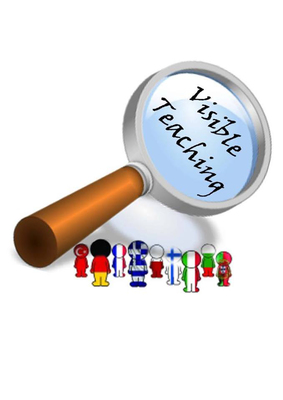
C4 (STST event - blended mobility) for Bulgarian Students
and optional/additional for other partners depending on budget
( Portugal)
arrival 19th March
working days 20-24th March 2019
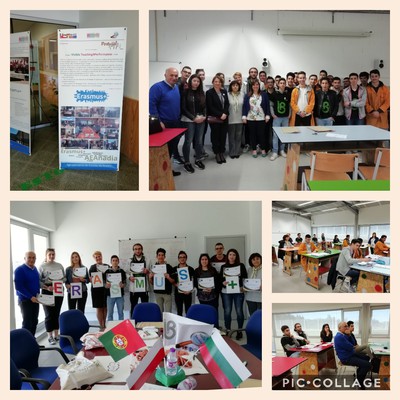
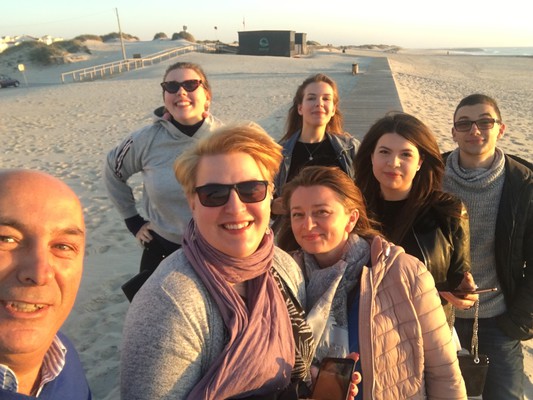

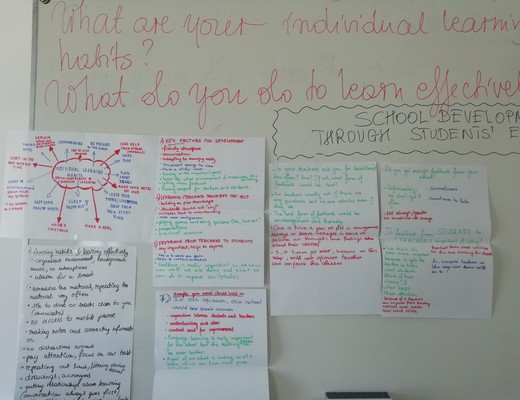
video by Ms Donka Georgieva
C4 ( additional/optional activity for Bulgarian Students and other participants whose budget will allow participation)
Presentations, workshops, training and discussions will be focused on:
- introduction to Hattie Survey
- identifying strong and weak promoters of sustainable learning processes
- critical rethinking of individual learning and studying habits
- development plans (developing a grid, planning one's individual aims,time scheduling, evaluation measures)
- incorporating ICT tools: Can ICT use support my learning processes? If yes,how!? Which applications are helpful, which are hindering according to Hattie's results?
- peer2peer observation and evaluation (putting methods and materials to the test)
SWOT analysis and Evaluation
Profile of participants :
To maximize the impact on each participating organisation small groups of students from different countries will take part in the training event:
-students ( visitors from partner schools) accompanied by teachers from partner schools
-students accompanied by teachers (from the hosting school )
Balance will be kept between the participation of transnational and national participants.
Actual physical mobility will be preceded and followed by virtual mobility with the use of etwinning space ( Discussion club for students / our forum)
Further details about the event will be available in the AGENDA before the meeting.
EUROPASS MOBILITY CERTIFICATE CONTENT
Objective of the Europass Mobility experience
Short term student training/learning event as part of Blended mobility VT4P Erasmus plus project.
Maximizing impact on learning processes.
Student empowerment and school development.
Identifying strong and weak promoters of sustainable learning.
Incorporating ICT tools to support learning.
Critical rethinking of individual studying habits.
Developing students’ metacognitive skills.
Planning, monitoring and evaluating one’s learning process.
Incorporating effective learning strategies.
Initiative during which the Europass Mobility experience is completed.
Erasmus plus KA219 School Education /Visible Teaching4 Performance project
Activities/tasks carried out
- Visiting hosting school and the local area.
- Ice breakers. Getting to know one another.
- School presentations by students.
- Introduction to Prof. J. Hattie’s Survey. Identifying strong and weak promoters of sustainable learning processes (workshop).
- Team building activities. Sculptures.
- Drawing conclusions and reflecting on recent activities together.
- Incorporating ICT tools: Can ICT use support my learning processes? If yes, How? part 1. (workshop maths)
- Which applications are helpful, which are hindering according to Hattie’s results? part 2. (Jigsaw method 1.20)
- Which applications help and which hinder effective learning? Students’ reflection and final discussion.
- Students attend lessons at the hosting school. ( Incorporating ICT tools)
- Individual learning and studying habits. Student questionnaires.
- Workshop where students reflect on their studying habits, think about what best works for them.
(Effective strategies, mnemonics 0.76, etc.) Group work and preparing a gallery/display/poster presenting
outputs.
- Enhancing deep learning through concept mapping (0,64).
- Development plans. Developing a grid, planning one’s individual aims, time scheduling, evaluation measures.
Applying metacognitive strategies.
- SWOT analysis
- ICT tools enhancing learning processes in practice. (Visiting an interactive museum).
- Integration activities.
- Students responsible for writing a joint report after each day applying relevant ICT tools.
- Planning post meeting virtual activities using twinspace
Job-related skills and competences acquired
- Communication in foreing languages including academic purposes.
- Learning to learn competence with elements of mathematical, digital and basic competences in technology.
- Management, planning and evaluating.
Social skills and competences acquired
Effective collaboration in international team skills. Cultural awareness.
Other skills and competences acquired
Developing self reflection and project evaluation skills (SWOT) and planning to use the acquired skills for further online /virtual blended mobility international cooperation.
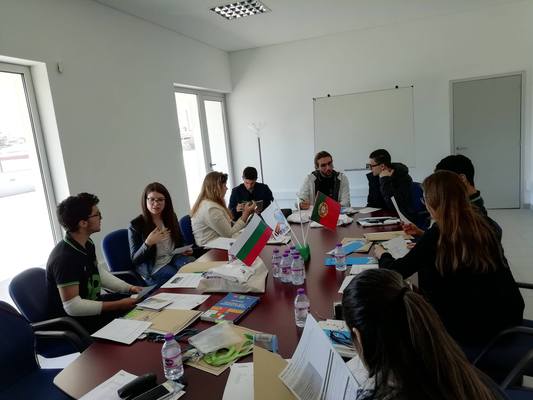
Activities